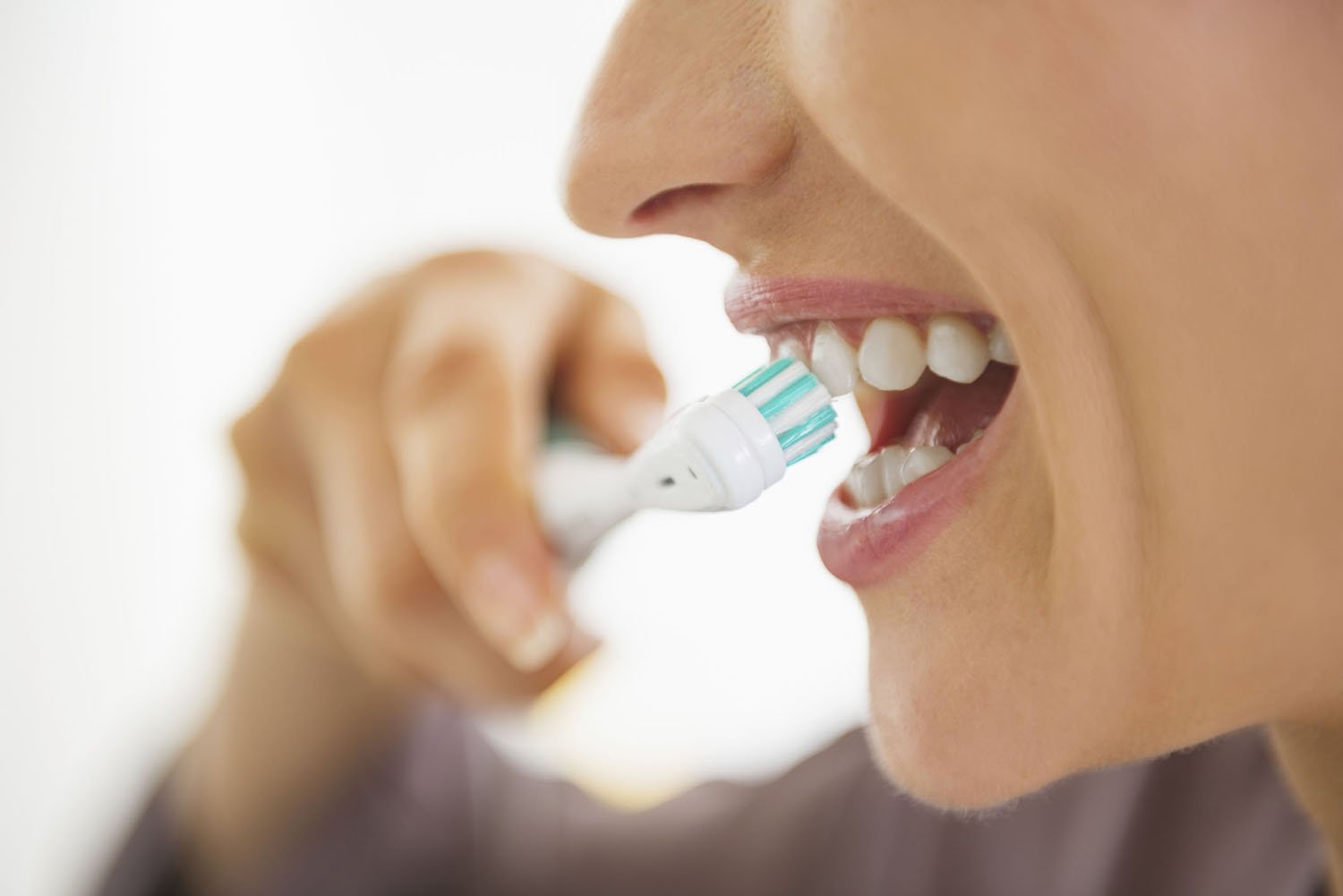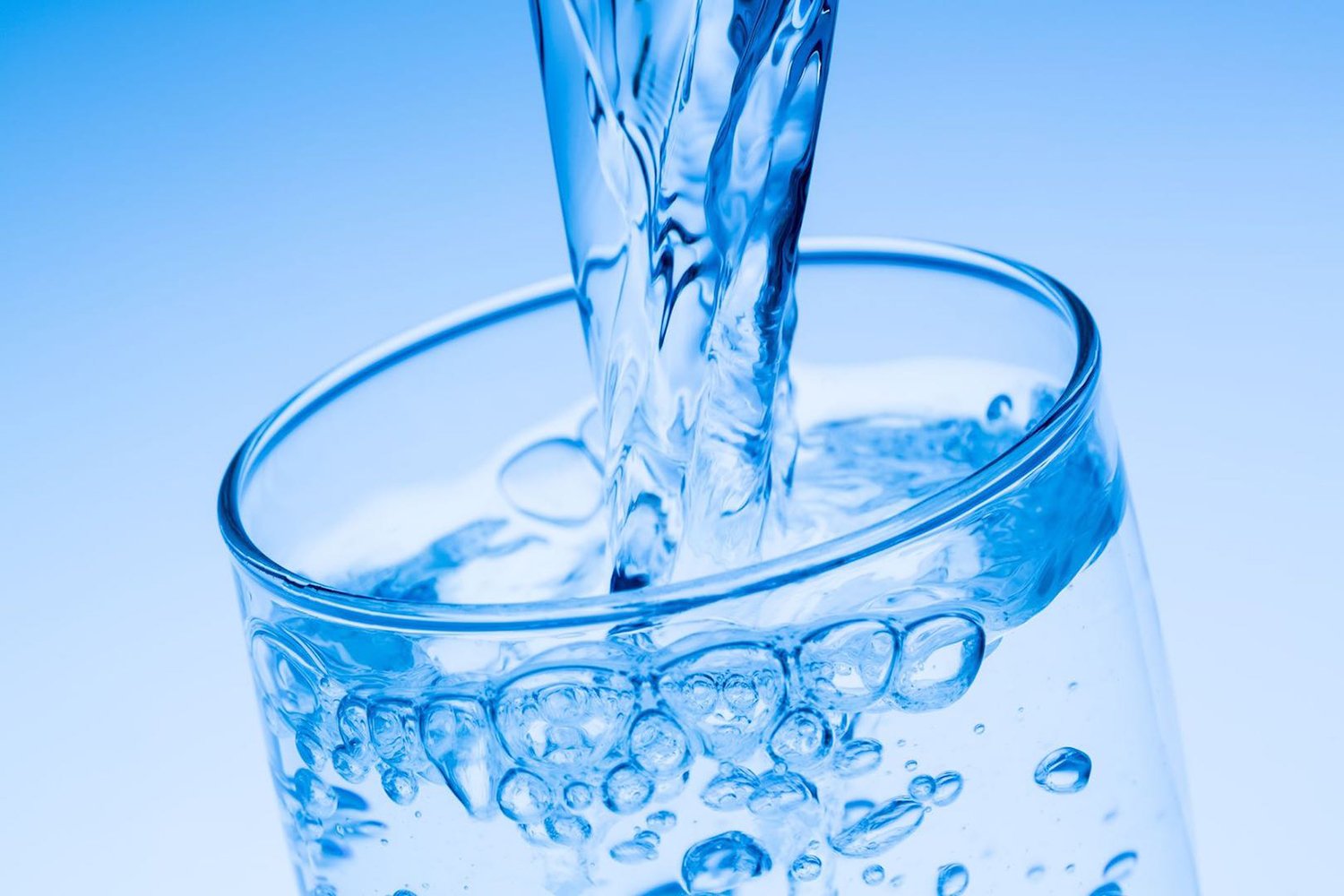How much do you love yourself on a scale of 1-10? Why? How can you love yourself more starting today? Positive health starts from within! Are you living a life of meaning? Are you living in line with your purpose?
One important way to stay healthy is to have a positive living. Positive mental health is an important part of a healthy life. Purge negativity from yourself. You don’t need negativity from yourself either. Listen to the thoughts that come up in your mind and get rid of the negative thoughts that you hear. A lot of eating happens because one feels unhappy, so by staying in a positive state yourself, you cut out that unhealthy dependence on food to be happy.
Learn to say no. Don’t feel like you need to eat just because you’re out with friends or because other people offer you food. Simply say no and say you’re not hungry if you don’t feel like eating.
Get out more often. If you have a regular 9-5 job, chances are you spend much of your time holed up in the office and not a lot of time going out and having fun. During weekends, you’re probably busy with work or running errands. Make it a point to go out with friends at least once a week. Get some sun. Go out and have a change of environment. It’ll be great for your body and your soul.
Good heart health. A healthy diet and lifestyles are your best weapons to fight cardiovascular diseases. Preventing heart disease (and all cardiovascular diseases) means making smart choices now that will pay off the rest of your life.
Lack of exercise, a poor diet and other unhealthy habits can take their toll over the years. Anyone at any age can benefit from simple steps to keep their heart healthy during each decade of life.
No matter what your age, everyone can benefit from a healthy diet and adequate physical activity.
- Choose a healthy eating plan. The food you eat can decrease your risk of heart disease and stroke. Choose foods low in saturated fat, trans fat, and sodium. As part of a healthy diet, eat plenty of fruits and vegetables, fiber-rich whole grains, fish (preferably oily fish-at least twice per week), nuts, legumes and seeds and try eating some meals without meat. Select lower fat dairy products and poultry (skinless). Limit sugar-sweetened beverages and red meat. If you choose to eat meat, select the leanest cuts available.
- Be physically active. You can slowly work up to at least 2½ hours (150 minutes) of moderate-intensity aerobic physical activity (e.g., brisk walking) every week or 1 hour and 15 minutes (75 minutes) of vigorous intensity aerobic physical activity (e.g., jogging, running) or a combination of both every week. Additionally, on 2 or more days a week you need muscle-strengthening activities that work all major muscle groups (legs, hips, back, abdomen, chest shoulders, and arms). Children should get at least 60 minutes of activity every day.
- Limiting how much saturated and trans fats you eat is an important step to reduce your blood cholesterol and lower your risk of coronary artery disease. A high blood cholesterol level can lead to a build-up of plaques in your arteries, called atherosclerosis, which can increase your risk of heart attack and stroke.
It’s never too early or too late to learn the warning signs of a heart attack and stroke. Not everyone experiences sudden numbness with a stroke or severe chest pain with a heart attack. And heart attack symptoms in women can be different than men.
WARNING SIGNS OF HEART ATTACK, STROKE & CARDIAC ARREST
Heart Attack Warning Signs – A heart attack is also called a myocardial infarction, sometimes simply referred to as an ‘MI’. A heart attack occurs when a blockage in one or more coronary arteries reduces or stops blood flow to the heart, which starves part of the heart muscle of oxygen.
- Chest Discomfort – Most heart attacks involve discomfort in the center of the chest that lasts more than a few minutes, or that goes away and comes back. It can feel like uncomfortable pressure, squeezing, fullness or pain.
- Discomfort in other areas of the upper body – Symptoms can include pain or discomfort in one or both arms, the back, neck, jaw or stomach.
- Shortness of breath – with or without chest discomfort
- Other sign – may include breaking out in a cold sweat, nausea or light headedness.
Stroke Warning Signs – A stroke is a “brain attack”. It can happen to anyone at any time. It occurs when blood flow to an area of brain is cut off. When this happens, brain cells are deprived of oxygen and begin to die. When brain cells die during a stroke, abilities controlled by the area of the brain such as memory and muscle are lost.
Spot a stroke F.A.S.T
- Face Drooping –Does one side of the face droop or is it numb? Ask the person to smile.
- Arm Weakness –Is one arm weak or numb? Ask the person to raise both arms. Does one arm drift downward?
- Speech Difficulty – Is speech slurred, are they unable to speak, or are they hard to understand? Ask the person to repeat a simple sentence, like “the sky is blue.” Is the sentence repeated correctly?
- Time to call 9-9-5 –If the person shows any of these symptoms, even if the symptoms go away, call 9-9-5 and get them to the hospital immediately.
Sometimes other symptoms appear, separately, in combination or with F.A.S.T. signs.
- Sudden confusion, trouble speaking or understanding speech.
- Sudden numbness or weakness of face, arm or leg. Especially on one side of the body.
- Sudden trouble seeing in one or both eyes.
- Sudden trouble in walking, dizziness, loss of balance or coordination.
- Sudden severe headache with no known cause.
If someone shows any of these symptoms too, call 9-9-5 or emergency medical services.
Cardiac Arrest Warning Signs – Cardiac arrest is a serious cardiac event that is often confused with heart attack, but there is a difference. Cardiac arrest is the abrupt loss of heart function in a person who may or may not have diagnosed heart disease. The time and mode of death are unexpected. It occurs instantly or shortly after symptoms appear.
- Sudden loss of responsiveness – No response to tapping on shoulders.
- No normal breathing – The victim does not take a normal breath when you tilt the head up and check for at least five seconds.
You know that exercise and a good diet can keep your heart healthy. But what else can you do to keep your ticker going strong? Here are six key things you need to do every day to help your heart work most efficiently. Incorporate these habits into your lifestyle and your heart health will be the best it can be for you.
- Eat healthy fats, NOT trans fats

We need fats in our diet, including saturated and polyunsaturated and unsaturated fats. One fat we don’t need is trans fat, which is known to increase your risk of developing heart disease or having a stroke over a lifetime. This is because trans fat clogs your arteries by raising your bad cholesterol level (LDL) and lowering your good cholesterol levels (HDL). By cutting them from your diet, you improve the blood flow throughout your body. So, what are trans fats? They are industry-produced fats often used in packaged baked goods, snack foods, margarines and fried fast foods to add flavour and texture.
Tip: Read the labels on all foods. Trans fat appears on the ingredients list as partially hydrogenated oils. Look for 0 percent trans fat. Make it a point to avoid eating foods with trans fat.
- Practice good dental hygiene, especially flossing your teeth daily

Dental health is a good indication of overall health, including your heart, because those who have periodontal (gum) disease often have the same risk factors for heart disease. Studies continue on this issue, but many have shown that bacteria in the mouth involved in the development of gum disease can move into the bloodstream and cause an elevation in C-reactive protein, a marker for inflammation in the blood vessels. These changes may in turn, increase your risk of heart disease and stroke.
Tip: Floss and brush your teeth daily to ward off gum disease. It’s more than cavities you may have to deal with if you are fighting gum disease.
- Drink more water

Most of us don’t drink enough water every day. Water is essential for our bodies to function – do you know over 60% of our body is made up of water? Water is needed to carry out body functions, remove waste and carry nutrients and oxygen around our body. Since we lose water everyday through urine, bowel movements, perspiration and breathing, we need to replenish our water intake. Drinking less of water can cause dehydration. Dehydration is usually the first effect from drinking insufficient water. Dehydrated people often experience thirst, headache, and dryness and/or stickiness in the mouth, lips, tongue, and skin. Dehydration usually occurs due to lack of fluid, but can be a result of health conditions such as diabetes. The water inside your body acts as a cooling mechanism, both for external skin and internal organs, particularly following physical exercise. This internal cooling system may not function properly if you are not drinking enough water, which can cause heat cramps, a quickened pulse, dizziness, light headedness, severe weariness, and feelings of being too hot or cold. In severe cases, heat stoke can occur, which can be life-threatening.
Tip: To make sure you are drinking enough water, keep a record of all the fluid you drink. Drink at least 1 litre of water after waking up and before you start your breakfast. In total drink, around 3 litres/13 cups a day for men and 2.2 litres/9 cups for women. The reason for this difference is that men generally have greater muscle mass than women.
- Get enough sleep

Sleep is an essential part of keeping your heart healthy. If you don’t sleep enough, you may be at a higher risk for cardiovascular disease no matter your age or other health habits. One study looking at 3,000 adults over the age of 45 found that those who slept fewer than six hours per night were about twice as likely to have a stroke or heart attack as people who slept six to eight hours per night. Researchers believe sleeping too little causes disruptions in underlying health conditions and biological processes, including blood pressure and inflammation.
Tip: Make sleep a priority. Get 7 to 8 hours of sleep most nights. If you have sleep apnea, you should be treated as this condition is linked to heart disease and arrhythmias.
- Don’t sit for too long at one time

In recent years, research has suggested that staying seated for long periods of time is bad for your health no matter how much exercise you do. This is bad news for the many people who sit at sedentary jobs all day. When looking at the combined results of several observational studies that included nearly 800,000 people, researchers found that in those who sat the most, there was an associated 147 percent increase in cardiovascular events and a 90 percent increase in death caused by these events. In addition, sitting for long periods of time (especially when traveling) increases your risk of deep vein thrombosis (a blood clot).
Tip: Exerts say it’s important to move throughout the day. Park farther away from the office, take a few shorter walks throughout the day and/or use a standing work station so you can move up and down. And remember to exercise on most days.
- Avoid second-hand smoke like the plague

Studies show that the risk of developing heart disease is about 25 to 30 percent higher for people who are exposed to second-hand smoke at home or work. According to the American Heart Association, exposure to tobacco smoke contributes to about 34,000 premature heart disease deaths and 7,300 lung cancer deaths each year. And non-smokers who have high blood pressure or high blood cholesterol have an even greater risk of developing heart disease when they’re exposed to second-hand smoke. This is because the chemicals emitted from cigarette smoke promote the development of plaque build-up in the arteries.
Tip: Be firm with smokers that you do not want to be around environmental smoke. Keep children away from second-hand smoke.
Make a positive living today towards a healthier heart.

